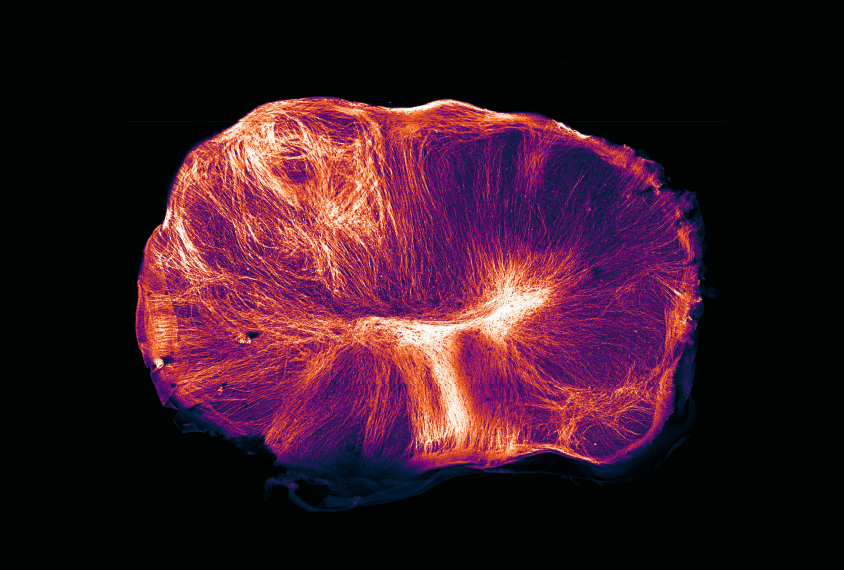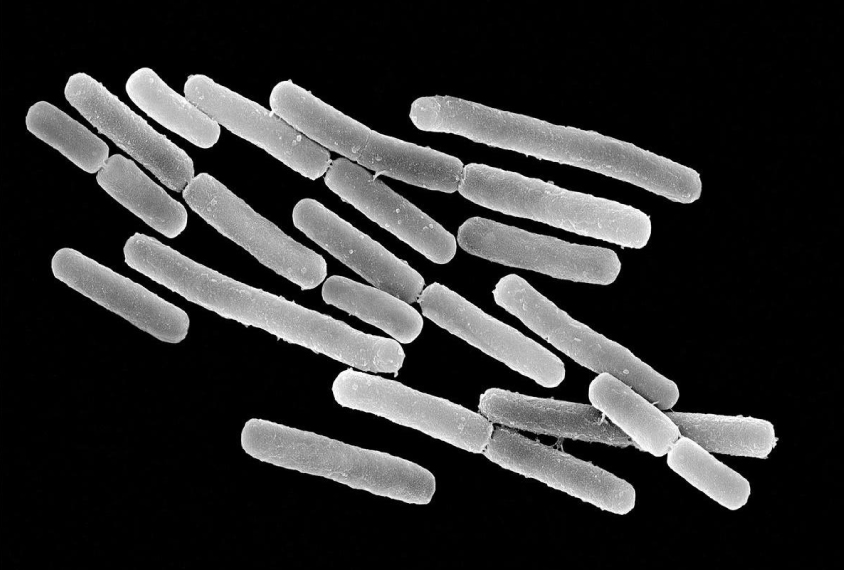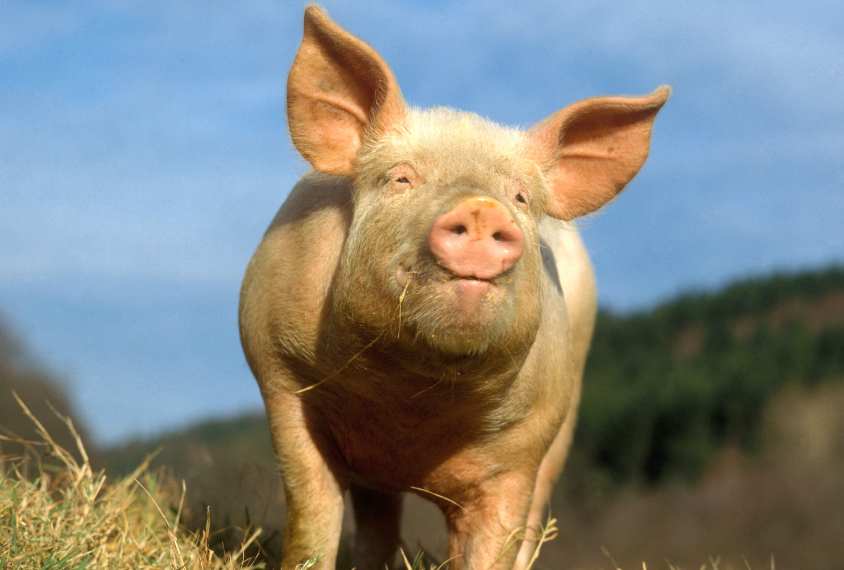Shweta Karikehalli is an environmental and science journalist based in New York City. Prior to joining _Spectrum_, Shweta was an editorial fellow at _Audubon_ magazine and worked for the _Daily Orange_, Syracuse University’s award-winning independent newspaper, as a copy editor and reporter. She has an M.A. in magazine, newspaper and online journalism from the S.I. Newhouse School of Public Communications and a B.S. in conservation biology from the SUNY College of Environmental Science and Forestry.

Shweta Karikehalli
From this contributor
‘Zombie’ pig brains fire hours after death
A new method restores blood flow and some functions in pig brains four hours after the animals have died.
New method creates complex, long-lived brain ‘organoids’
A new method for growing brain organoids allows them to survive for up to a year — more than four times as long as is possible with other methods.

New method creates complex, long-lived brain ‘organoids’
Mighty magnet promises to render human brain in intricate detail
A new magnetic resonance imaging machine has the power to reveal the brain’s structure and activity at unprecedented resolution.

Mighty magnet promises to render human brain in intricate detail
Genome catalog bolsters global microbiome research
The largest-yet attempt to characterize the global diversity of the human microbiome — the population of microbes that live in our bodies — has found 4,930 species, 77 percent of which were previously unknown.

Genome catalog bolsters global microbiome research
Explore more from The Transmitter
Dendrites help neuroscientists see the forest for the trees
Dendritic arbors provide just the right scale to study how individual neurons reciprocally interact with their broader circuitry—and are our best bet to bridge cellular and systems neuroscience.

Dendrites help neuroscientists see the forest for the trees
Dendritic arbors provide just the right scale to study how individual neurons reciprocally interact with their broader circuitry—and are our best bet to bridge cellular and systems neuroscience.
Two primate centers drop ‘primate’ from their name
The Washington and Tulane National Biomedical Research Centers—formerly called National Primate Research Centers—say they made the change to better reflect the breadth of research performed at the centers.

Two primate centers drop ‘primate’ from their name
The Washington and Tulane National Biomedical Research Centers—formerly called National Primate Research Centers—say they made the change to better reflect the breadth of research performed at the centers.
Post-infection immune conflict alters fetal development in some male mice
The immune conflict between dam and fetus could help explain sex differences in neurodevelopmental conditions.

Post-infection immune conflict alters fetal development in some male mice
The immune conflict between dam and fetus could help explain sex differences in neurodevelopmental conditions.
